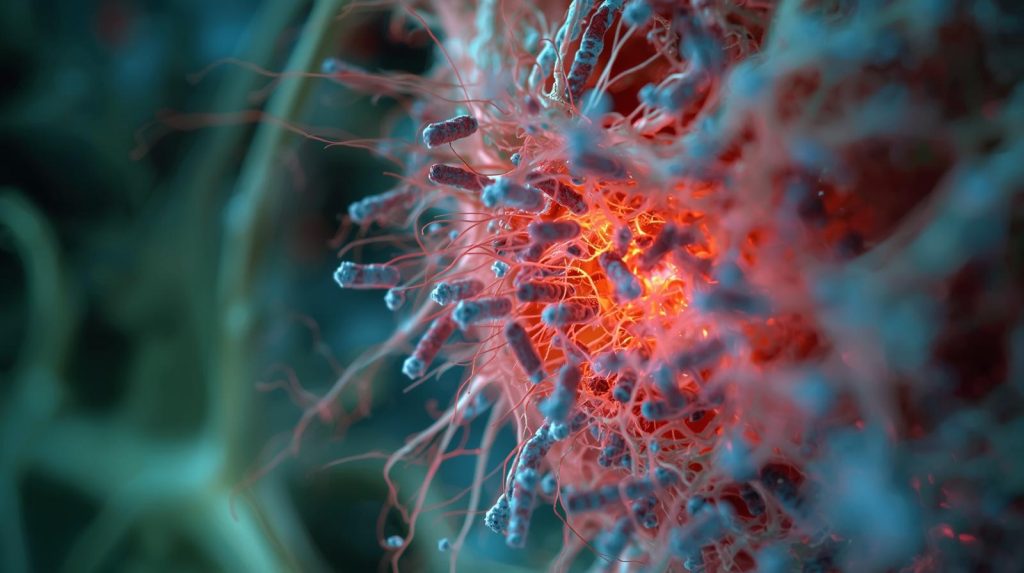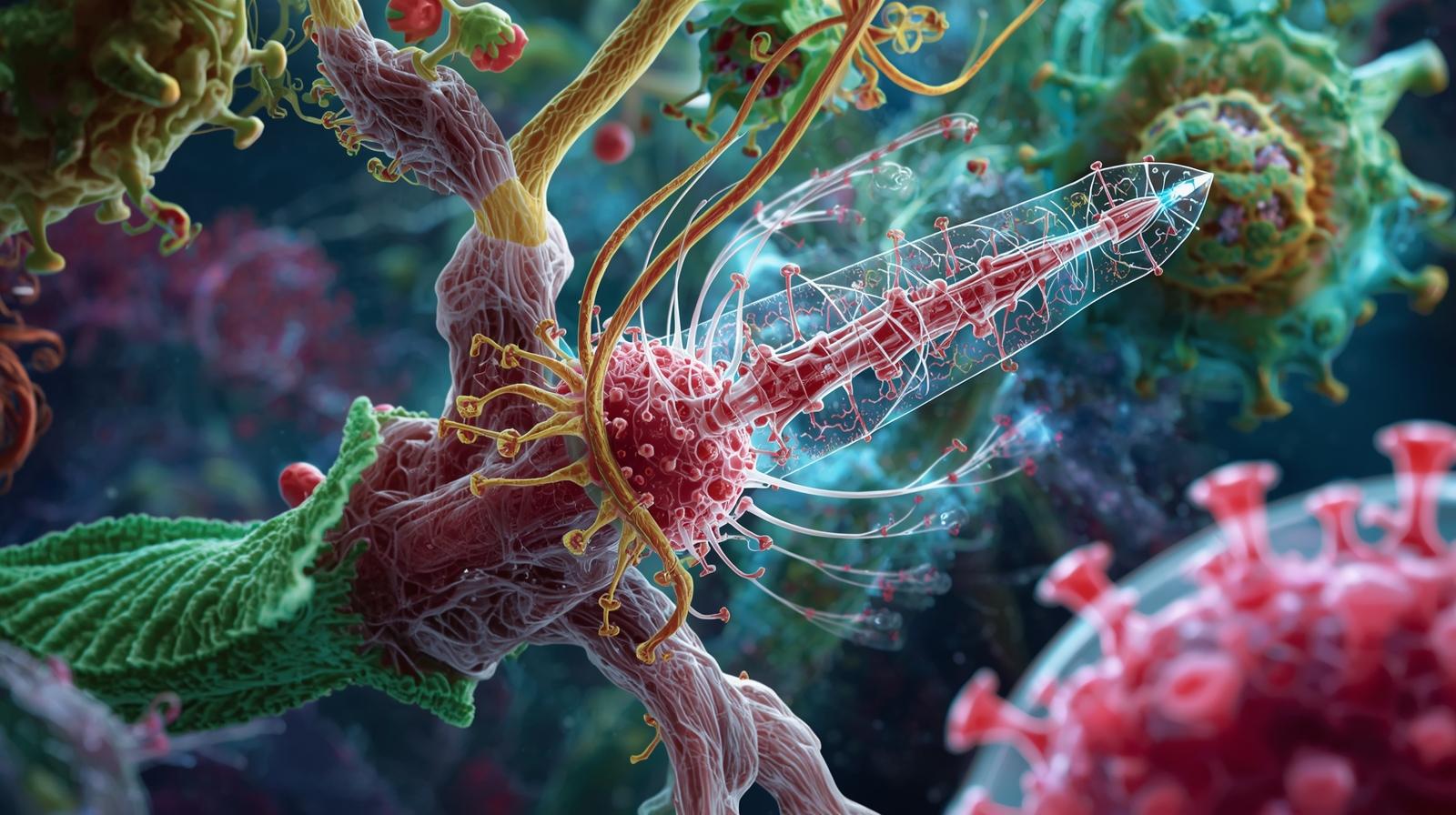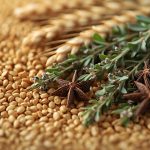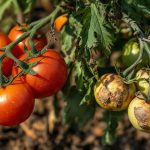A New Perspective on Plant Immunity
Climate change is altering how plants defend themselves against pathogens. A recent study published in Phytopathology reveals that temperature significantly affects how endophytes (beneficial microbes living within plants) interact with host microbiomes and pathogens such as the Tomato Spotted Wilt Virus (TSWV).
Researchers have discovered that as temperatures fluctuate, the efficacy of endophytes in suppressing disease symptoms can either strengthen or weaken, offering key insights for climate-resilient farming practices.
Inside the Study: Temperature as a Hidden Regulator
Using tomato plants as a model, the researchers inoculated them with a known virus-suppressing endophyte and exposed them to different temperature regimes. They observed:
- Enhanced viral suppression at moderate temperatures (25°C) due to stable microbe–plant communication.
- Reduced efficacy at elevated temperatures (35°C), where microbial colonization patterns shifted, and stress-related metabolites accumulated.
- A temperature-dependent change in rhizosphere and endosphere microbiome composition, altering overall plant defense signaling.
The study highlights that temperature acts as a “biological switch” influencing how beneficial microbes coordinate disease defense.
Microbial Networks Under Climate Stress
High temperatures disrupted the balance of microbial populations, reducing the abundance of Actinobacteria and Proteobacteria—two key groups known for their ability to inhibit pathogens. Meanwhile, stress-adapted microbes increased, modifying the plant’s immune responses.
Despite this, the researchers found that some microbial consortia adapt to temperature stress and continue suppressing TSWV through alternate defense pathways involving salicylic acid (SA) and jasmonic acid (JA).
Implications for Sustainable Agriculture
This research underscores the need to consider temperature as a factor in biocontrol applications. The success of microbial inoculants like endophytes depends not only on their genetic potential but also on how well they perform under real-world temperature variations.
For crop management, this means:
- Testing microbial products under diverse thermal conditions.
- Designing temperature-resilient microbial consortia for stable performance.
- Integrating microbiome-based approaches into climate-smart agriculture strategies.
Reference
Khan, R., He, P., He, P., Ahmed, A., Liu, Y., Wu, Y., Tang, G., Li, X., Di, Y., Munir, S., & He, Y. (2025). Temperature-driven modulation of endophyte efficacy in microbiome interactions during tomato spotted wilt virus disease suppression. Journal of Agriculture and Food Research, 102421. https://doi.org/10.1016/j.jafr.2025.102421







